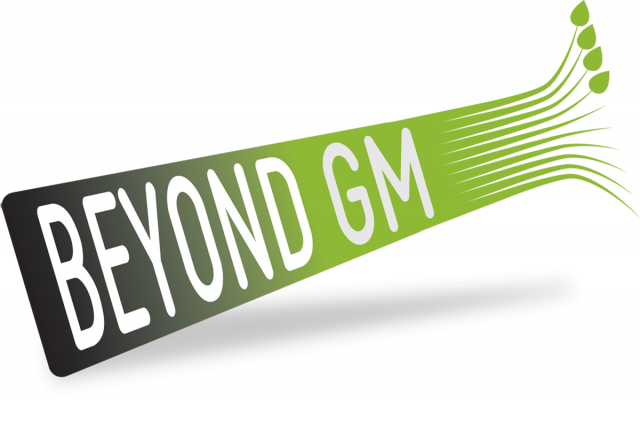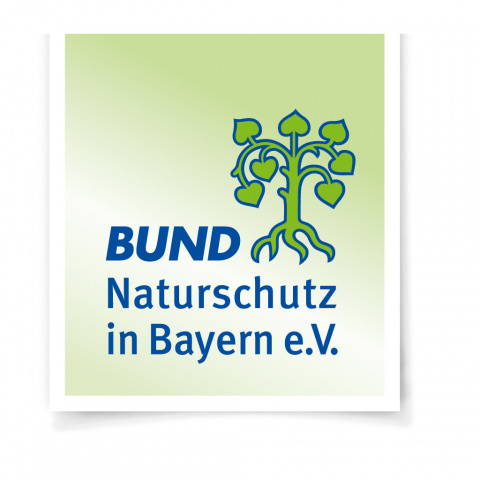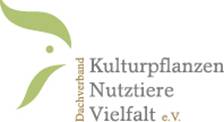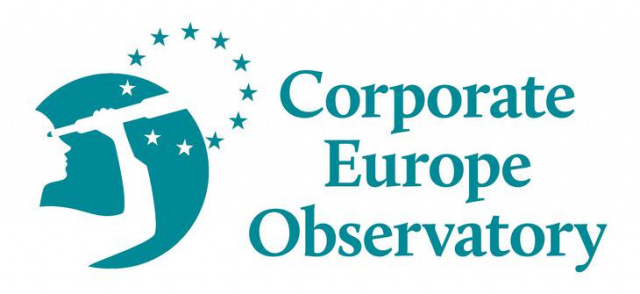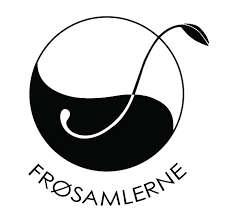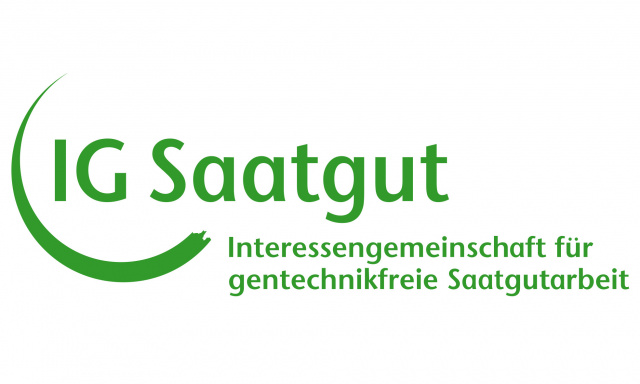You can find current information in our publications and under News.
On this page, you find additional links in regards to patents on plants and animals from conventional breeding, f.e. for patent research or legal texts and documents from the European Patent Office and the European Union.
Publications of other organisations
Briefing on patents on NGT plants and processes (Oct. 2025, ARCHE NOAH)
Report "Seeds at risk" (2025, SWISSAID, DE/EN/FR/ES). On p. 25 you can find the article Patents on seeds The privatization of biodiversity in Europe and the USA.
Oxfam Research Report (2018): On this page you can find a research paper about the status of patents on plants in emerging economies and developing countries.
Patent research
Patent database of the initiative "Kein Patent auf Leben" ("No Patent on Life"): On this page, you will find up-to-date numbers on patents on plants and animals. By using interactive infographics, you can choose to display the numbers of patent applications, of granted patents and/or of patent owners and you can compare the data. You also can download the generated graphics. The website is only available in German.
European Patent Register: Here you can search for European Patents and for patent applications at the European Patent Office.
European Patent Office
European Patent Convention: This international treaty is the legal basis for the European Patent Organisation. The convention governs the process of application and granting of European Patents and in its Article 53(b) explicitly excludes “plant or animal varieties or essentially biological processes for the production of plants or animals” from patentability.
Implementing Regulations to the European Patent Convention: The Implementing Regulations govern questions on the organisation of the European Patent Office and on administrative procedures. Rule 28(2) of the Regulations reinforces that “European patents shall not be granted in respect of plants or animals exclusively obtained by means of an essentially biological process”.
Calendar of the European Patent Office: Here you find the dates of all meetings of the different committees of the European Patent Organisation.
Oral Proceedings Calendar: Here you find all dates of oral proceedings on patent applications and on oppositions against patents at the European Patent Office.
Administrative Council: Website of the Administrative Council of the European Patent Organisation. The Administrative Council consists of representatives of all 38 member states of the Patent Organisation and it supervises the activities of the Patent Office.
National Representatives in the Administrative Council: Here you can find a list of the representatives of the 38 member states in the Administrative Council.
Relevant cases
Case G2/07: Here you can find the decision of the Enlarged Board of Appeal in case G2/07 (Broccoli I) concerning the opposition of Syngenta Participations AG and Groupe Limagrain Holding. The opposition concerns the application for patenting of a process for the selective increase of anti-carcinogenic glucosinolates in Brassica species by the company Plant Bioscience Limited.
Case G1/08: Here you can find the decision of the Enlarged Board of Appeal in case G1/08 (Tomato I) concerning the opposition of Unilever N.V. relating to the application for a patent for breeding tomatoes with a lower water content by the Ministry of Agriculture of the State of Israel.
You can find more info about the patent on the 'Wrinkled tomato' and the 'Super broccoli' here.
Case G2/12: Here you can find the decision of the Enlarged Board of Appeal from 2015 on case G2/12 (Tomatoes II), concerning tomatoes with a reduced water content ('wrinkled tomato'), by the opposition of Unilever N.V. In this case, the EPO decided that the plants, seeds and harvested foodstuff were nevertheless considered to be patentable inventions (decisions G2/12 and G2/13). Here you can find our letter to the Enlarged Board of Appeal.
Case G2/13: Here you can find the decision of the Enlarged Board of Appeal from 2015 on case G2/13 (Broccoli II), concerning the 'super broccoli', by opposition of Syngenta Participations AG and Groupe Limagrain Holding. In this case, the Enlarged Board of Appeal of the European Patent Office clarified that patents on conventionally bred plants and animals may continue to be granted - although the law prohibits the patenting of conventional breeding methods. Here you can find further information.
Case G3/19: Here you can find the decision of the Enlarged Board of Appeal from 2020 concerning case G3/19. In this case, the Enlarged Board of Appeal dealt with the question of patentability of plants and animals derived from conventional breeding. A version in English, French and German can be found here. Here you can find the exact questions. By reason of the pending case, patent proceedings were stayed (here the notice of the European Patent Office). Here you can find all briefs submitted in case G3/19. Also, NO PATENTS ON SEEDS! together with a coalition of nearly 50 non-governmental organisations has filed a statement on the case (see here). Here you can find the press release of NO PATENTS ON SEEDS! in regards to the decision of the Enlarged Board of Appeal from 14 May 2020.
Here you can find a detailed legal analisis of NO PATENTS ON SEEDS! from 2023 (G3/19, new rule 28 (2), correct interpretation of Article 53 (b), EU-Directive 98/44/EC, etc.)
Positions of the European Union
EU Biopatent Directive (officially: Directive 98/44/EC of the European Parliament and of the Council of 6 July 1998 on the legal protection of biotechnological inventions): In this Directive, the EU governs the patentability of biotechnological inventions. In Article 4(1), the Directive declares that “plant and animal varieties” and “essentially biological processes for the production of plants or animals” shall not be patentable. Article 2(2) holds a definition of the term “essentially biological”, that is: “A process for the production of plants or animals is essentially biological if it consists entirely of natural phenomena such as crossing or selection”.
Commission Notice on certain articles of Directive 98/44/EC of the European Parliament and of the Council on the legal protection of biotechnological inventions (2016/C 411/03): In this Notice, the European Commission declares that the EU legislator's intention when adopting the EU Biopatent Directive “was to exclude from patentability products (plants/animals and plant/animal parts) that are obtained by means of essentially biological processes”.
Since 2012, the European Parliament adopted three resolutions against the patentability of plant and animals from conventional breeding:
European Parliament resolution of 19 September 2019 on the patentability of plants and essentially biological processes (2019/2800(RSP)): Herein, the EU Parliament “reiterates that plant and animal varieties, including parts and traits, essentially biological processes as well as products emanating from such processes, shall not in any way be patentable, pursuant to Directive 98/44/EC and the EU legislator’s intention”.
European Parliament resolution of 17 December 2015 on patents and plant breeders’ rights (2015/2981(RSP)): Herein, the EU Parliament calls to "to clarify the scope and interpretation of Directive 98/44/EC [...] in order to ensure legal clarity regarding the prohibition of the patentability of products obtained from essentially biological processes, and to clarify that breeding with biological material falling under the scope of a patent is permitted".
European Parliament resolution of 10 May 2012 on the patenting of essential biological processes (2012/2623(RSP)): Herein, the EU Parliament clarifies that the term "essentially biological processes" is used in the EU Biopatent Directive and in the European Patent Convention to exclude such processes from patentability.
You can find current information in our publications and under News.

